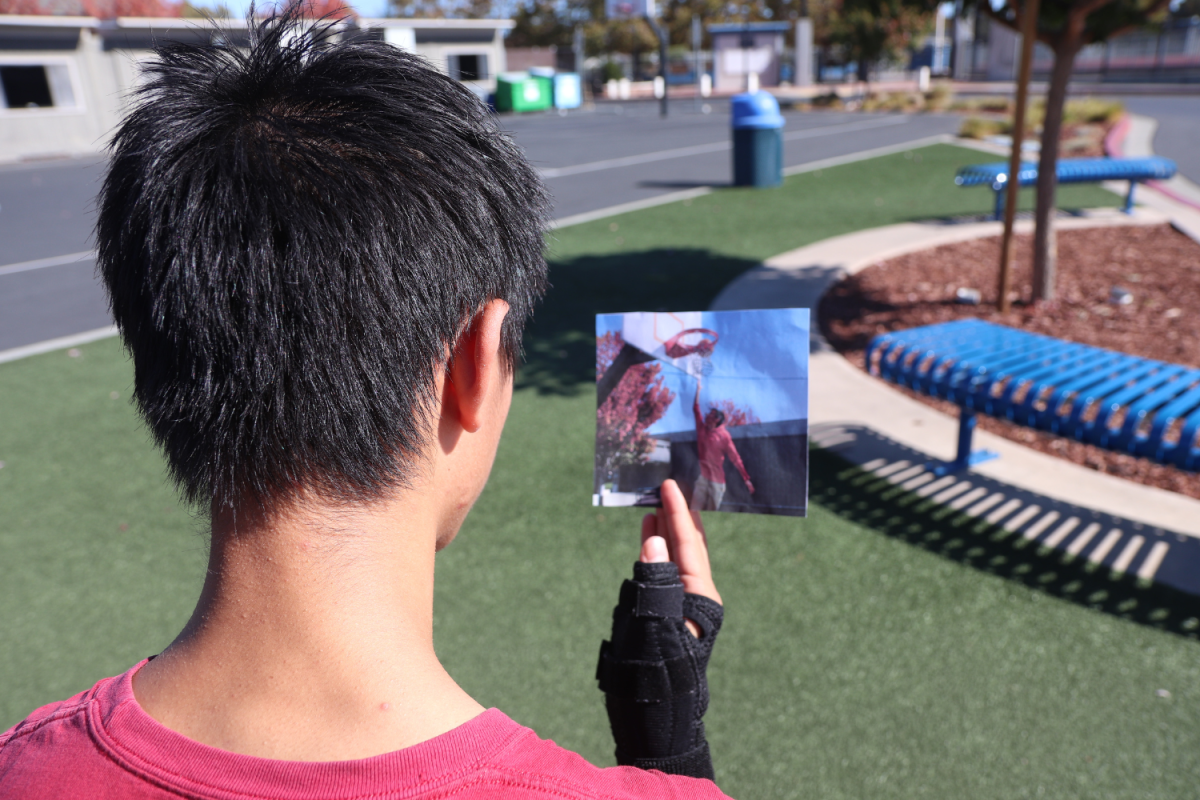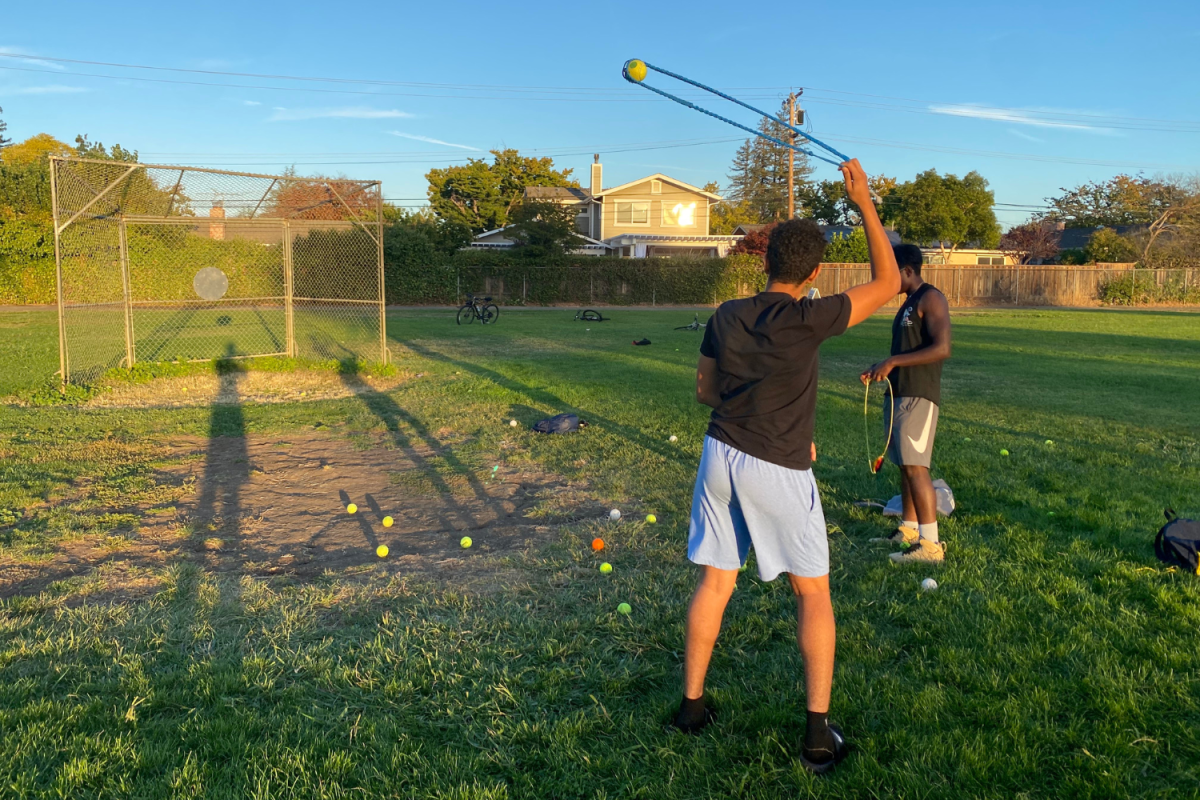While many athletes experience injuries during their athletic careers and most of these situations result in a speedy recovery, if certain precautions are not taken, athletes can be prone to suffering long-term injuries that can have everlasting impacts on their personal and athletic lives as well as their mental wellbeing.
The most common injuries seen in sports are minor sprains or strains, and while they may not seem serious at the time of the injury due to the lack of severity, these small inconveniences can lead to joint issues or arthritis. Repeated injuries toward joints can render these crucial bones unstable. Instability in joints results in increased sliding between joint surfaces and eventually weakens the muscles, leaving the body to function at reduced efficiency.
“If you’ve been injured one time, the likelihood of re-injuring the same spot is higher,” athletic trainer Scott Leveau said. “That’s why you see athletes who, even before injury, will proactively wear a brace to prevent the injury.”
Among professional athletes, injuries are considered to be one of the deciding factors contributing to the longevity and quality of their careers. Long hours at practices and games take a toll on athletes’ health and often lead to frequent injuries, which may shorten the athlete’s career. However, one of the lesser-known impacts of injuries is the impact they have on an athlete’s mental health and personal life. Influential athletes like Serena Williams, Micheal Phelps and Simone Biles have expressed their concern on the lack of attention being given to athletes’ mental health. After scratching most of her events for the Olympic Team final in Tokyo, Biles expressed that she had made this decision because of the detrimental impacts gymnastics had been having on her mental health.
“In high-risk sports, you’re one game away from a career-ending injury,” said Dr. Rachel Grashow, director for epidemiological research initiatives for the Football Players Health Study at Harvard University. “Athletes invest their whole life in their sport, making it hard for them to shift gears. A lot of depression and anxiety can result after leaving the game due to loss of identity.”
After dedicating seven years to cheer, senior and captain Ayanna Beberg finds herself unable to practice with her team as they prepare for the biggest night of her career — her senior homecoming — due to a concussion. She reassures herself that she will return soon, but feels a major disconnect with her team and disappointment that she won’t be able to participate fully in a major milestone. Her doctor and coach banned her from stunting at the performance and were skeptical about her participation in the dance itself. Luckily, Beberg had an incredibly fast recovery, but the possibility of missing the opportunity to participate in her senior homecoming performance took a toll on her.
“I’ve been looking forward to this homecoming for years and the thought of not being able to stunt, perform, or have that bonding experience with my team was soul-crushing.” Beberg said. “If I am forced to sit out for a long period of time, I know it would be an incredibly big change for my lifestyle and mindset and would have a detrimental effect on me.”
Despite the variety of rehabilitation and remedies available to athletes, it is impossible to predict all factors of recovery. Prevention of injuries is crucial to decrease recurrence on weakened former injuries. Pre-season conditioning, strengthening and flexibility building is crucial.
“Not being able to dance would be upsetting,” senior and Valkyries co-captain Abigail Fong said. “Dance is one of my forms of self expression, especially because I have done it all my life. The current enjoyment dance brings me is more important than the possible injuries.”



































































